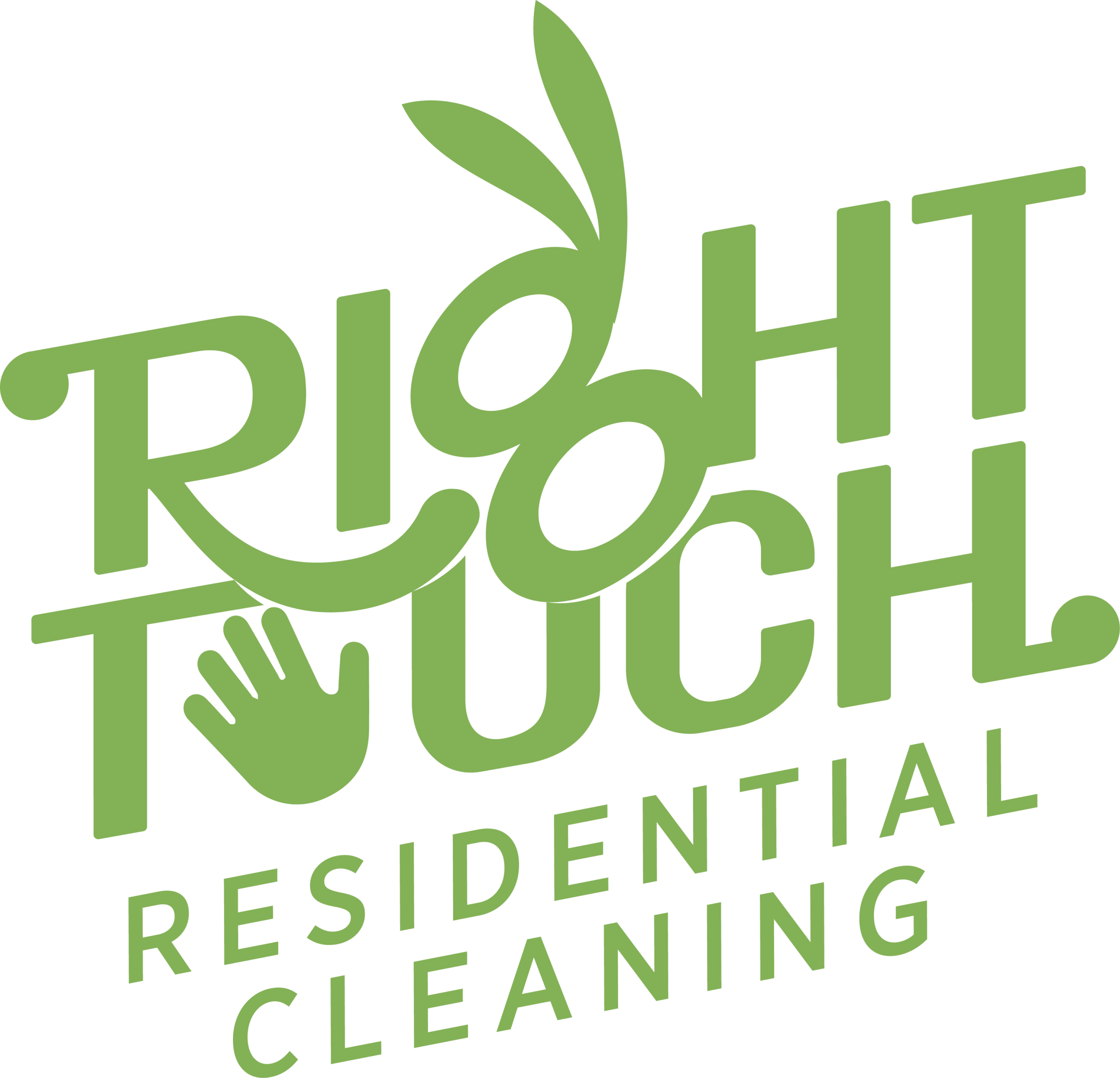Do I really need weekly house cleaning?

Photo by Sidekix Media on Unsplash
For some people, cleaning their house every week may be necessary to maintain a clean and tidy home. If you have young children or pets, for instance, you may need to clean more frequently to keep up with the mess they make. Similarly, if you live in a dusty or polluted area, you may need to clean more often to prevent the accumulation of dust and allergens in your home. Furthermore, if you or someone in your household has allergies or respiratory issues, it may be necessary to clean your house more frequently to prevent the exacerbation of their symptoms.
On the other hand, if you live alone or have a busy schedule, you may not need weekly house cleaning. If your home is relatively clean and tidy, and you don’t have any special circumstances that require frequent cleaning, you may be able to get away with cleaning less often. However, it’s important to note that even if you don’t need to clean your house every week, you should still establish a cleaning routine and stick to it. This will help you maintain a clean and organized home, and prevent the accumulation of dust, dirt, and clutter over time. Ultimately, the frequency with which you clean your house should depend on your individual circumstances and preferences, unique cleaning needs, as well as your desire for a spotless home and comfortable living environment.
In this blog post, we will discuss the benefits of cleaning your house every week, the consequences of not cleaning your house regularly, and some tips on how to make cleaning less overwhelming.
Benefits of cleaning your house every week
- A clean house is a healthy house.
A clean house means a healthy house. A very clean home environment can reduce the risk of allergies, asthma, and other respiratory diseases. Dust, pollen, and pet dander can accumulate in your home and cause allergies and other respiratory problems. Regular cleaning can reduce the amount of dust and allergens in your home and improve your indoor air quality.

Photo by Minh Pham on Unsplash
- Cleaning can reduce stress.
Cleaning can be therapeutic. A clean and organized home can reduce stress levels and improve mental health. A dirty house full of clutter and mess can cause anxiety and stress. A clean and organized home can create a calming and relaxing environment, which can reduce stress levels.

Photo by Toa Heftiba on Unsplash
- Cleaning can boost productivity.
A clean and organized home can boost productivity levels. A cluttered and messy home can be distracting and make it difficult to focus. A beautifully clean home and organized home can create a more productive environment and improve your concentration levels.

Photo by Susanna Marsiglia on Unsplash
- Cleaning can prevent the spread of germs.
Regular cleaning can prevent the spread of germs and bacteria. High-touch surfaces such as doorknobs, light switches, and countertops can harbor germs and bacteria. Regular cleaning and disinfecting can reduce the risk of illness and keep your family healthy.

Consequences of not cleaning your house regularly
- Dust and allergens can accumulate.
Not cleaning your house regularly can lead to the accumulation of dust and allergens, which can have a negative impact on your health. Dust and allergens can cause allergic reactions, such as sneezing, coughing, and itchy eyes, and can worsen respiratory conditions like asthma. Over time, the buildup of dust can also damage your furniture, making it look older and worn out. This can be particularly harmful to people with allergies or respiratory issues, as the accumulation of dust can exacerbate their symptoms.
To prevent the accumulation of dust and allergens in your home, it’s important to clean your house regularly. This includes dusting surfaces, vacuuming carpets and furniture, and washing bed linens and curtains. Additionally, you can improve the air quality in your home by using air purifiers, changing air filters regularly, and opening windows to let in fresh air.

- Bacteria and germs can spread.
Not cleaning your house regularly can also lead to the spread of germs and bacteria, which can cause illness and disease. High traffic areas, such as bathrooms and kitchens, are particularly prone to the accumulation of germs and bacteria. Without regular cleaning, these areas can become breeding grounds for harmful microorganisms, which can spread to other areas of your home and infect you and your family.
To prevent the spread of germs and bacteria in your home, it’s important to clean high traffic areas regularly. This includes disinfecting surfaces, cleaning sinks and toilets, and washing dishes and hands frequently. You can also reduce the spread of germs by using hand sanitizer, avoiding close contact with sick individuals, and keeping your home well-ventilated.
- Pests can invade your home.
Not cleaning your house regularly can also attract pests such as ants, cockroaches, dust mites, and rodents. Pests are attracted to food, water, and shelter, which can be found in a messy and cluttered home. Once pests have invaded your home, they can be difficult to get rid of and can cause damage to your property.
To prevent the invasion of pests in your home, it’s important to keep your home cleaned and tidy. This includes wiping down surfaces, storing food properly, and removing any clutter. Additionally, you can seal any cracks or holes in your home’s foundation, install door sweeps and weather stripping, and use pest repellents to keep pests at bay.

Photo by VINAY GUPTA on Unsplash
- Your home can become cluttered and messy.
Not cleaning your house regularly can lead to a cluttered and messy home, which can cause stress and anxiety. A cluttered home can make it difficult to find things, decrease productivity, and even affect your mood. Additionally, a cluttered and messy home can be embarrassing if unexpected guests drop by.
To prevent a cluttered and messy home, it’s important to establish a cleaning routine and stick to it. This includes decluttering regularly, organizing items, and cleaning up after yourself. You can also invest in storage solutions such as shelves, bins, and baskets to keep your home organized. By maintaining a clean and organized home, you can create a comfortable and stress-free living environment.
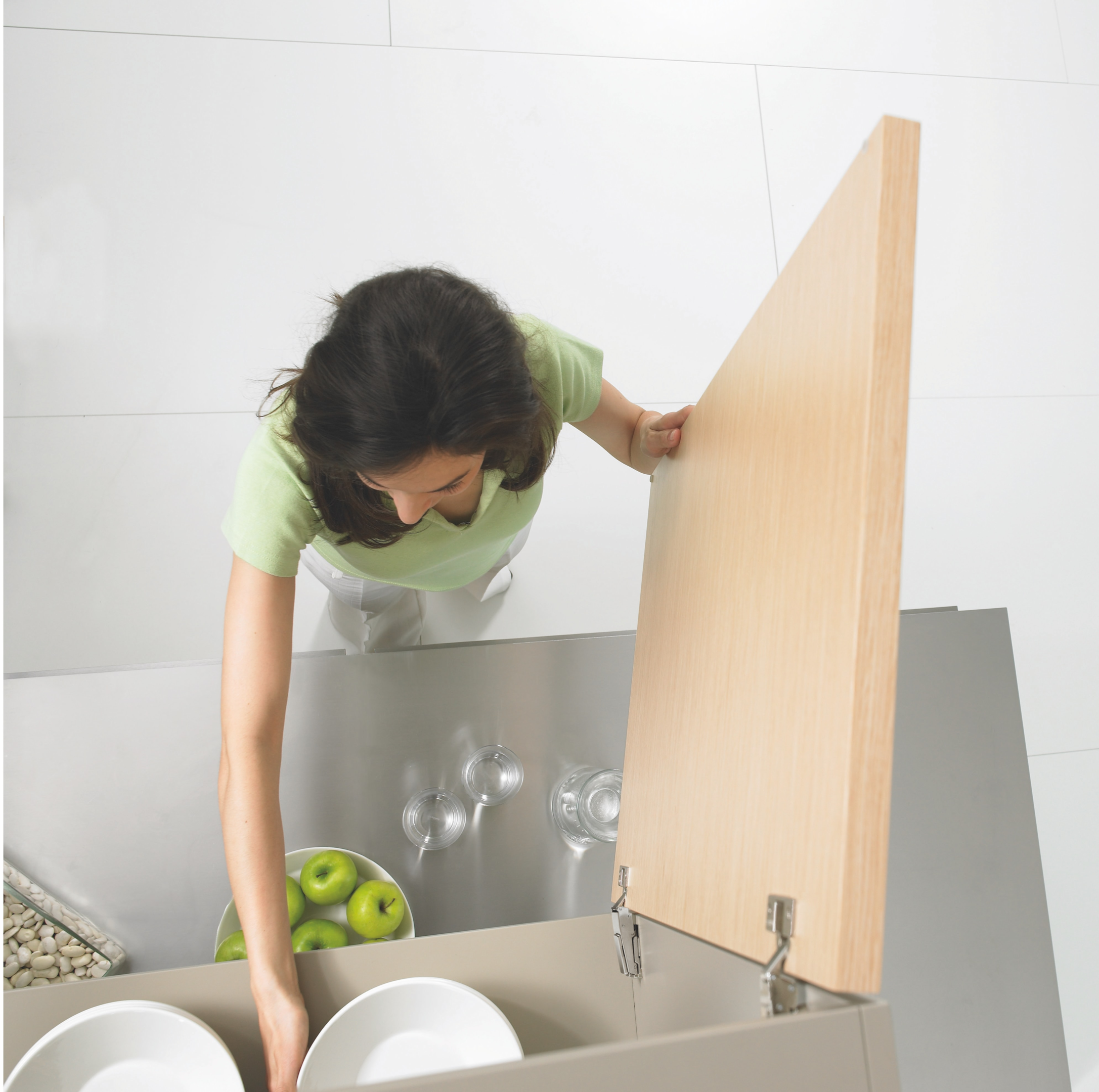
Photo by Grass America on Unsplash
Tips on how to make cleaning less overwhelming
- Establish a Cleaning Routine
Establishing a cleaning routine can help you stay on top of cleaning tasks and prevent them from becoming overwhelming. Set aside a specific time each day, week, or month to clean your house, and stick to it. For example, you could schedule 15-30 minutes of cleaning time each day, or dedicate one day each week to deep cleaning your home. By establishing a routine, you’ll be able to keep your home cleaned and tidy without feeling overwhelmed.
You can also involve other members of your household in the cleaning routine. Divide cleaning tasks among the whole family, and assign each person specific tasks to accomplish each week. This will help you share the workload and prevent weekly house cleaning services from becoming a solo task.
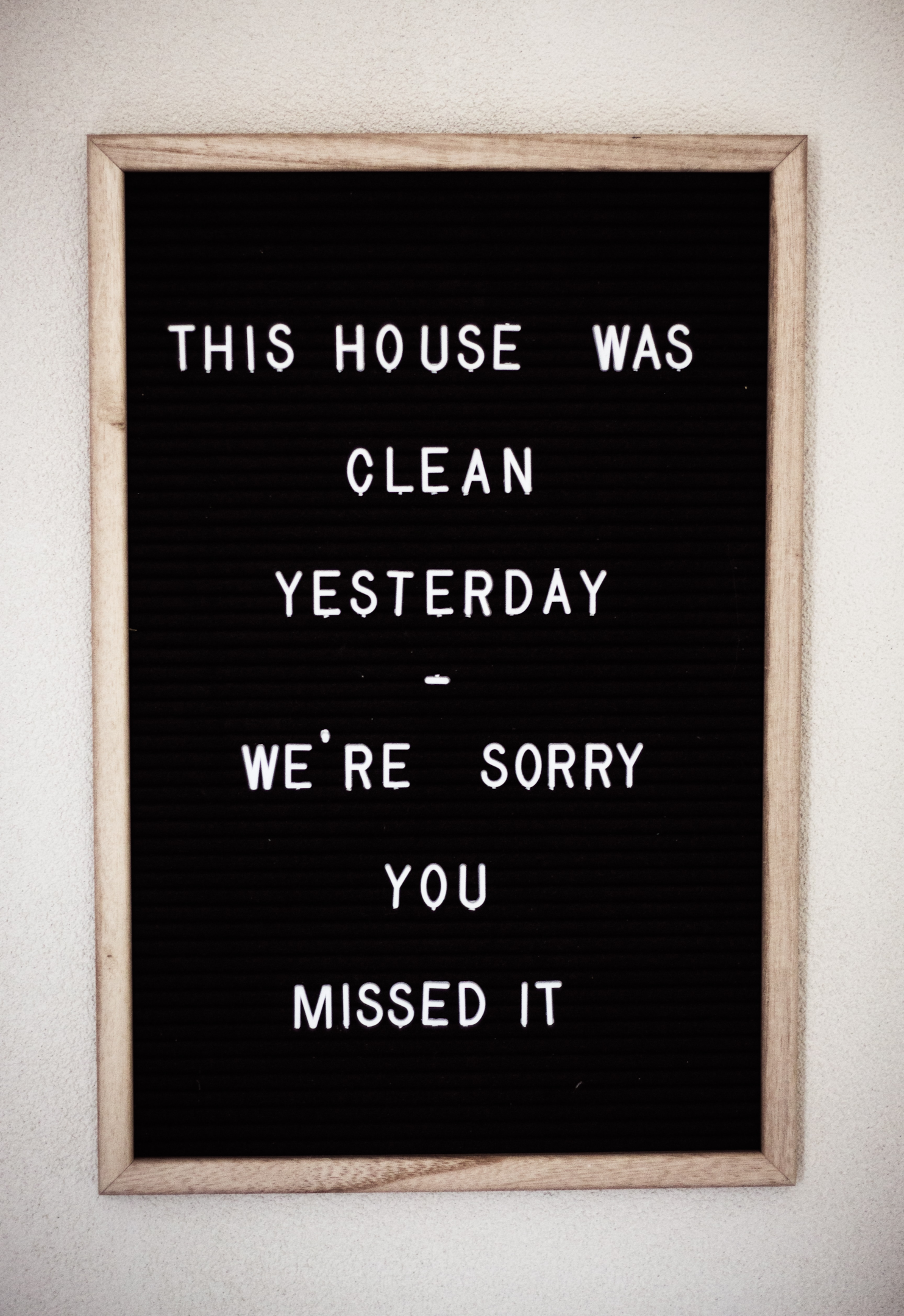
Photo by Jonathan Francisca on Unsplash
- Break cleaning tasks into smaller tasks.
One of the reasons why cleaning can feel overwhelming is that we often try to tackle everything at once. To make cleaning more manageable, try breaking it down into smaller tasks. Instead of trying to clean your entire house in one day, focus on one room at a time. Set a timer for 15-30 minutes and focus on cleaning that room until the timer goes off. This will help you stay focused and motivated, and prevent cleaning from becoming an overwhelming task.
Another way to break down cleaning tasks is to make a cleaning checklist. List all the tasks you need to accomplish, and divide them into daily, weekly, bi-weekly, and even monthly cleaning tasks. This will help you stay organized and on track, and prevent cleaning from becoming a daunting task.
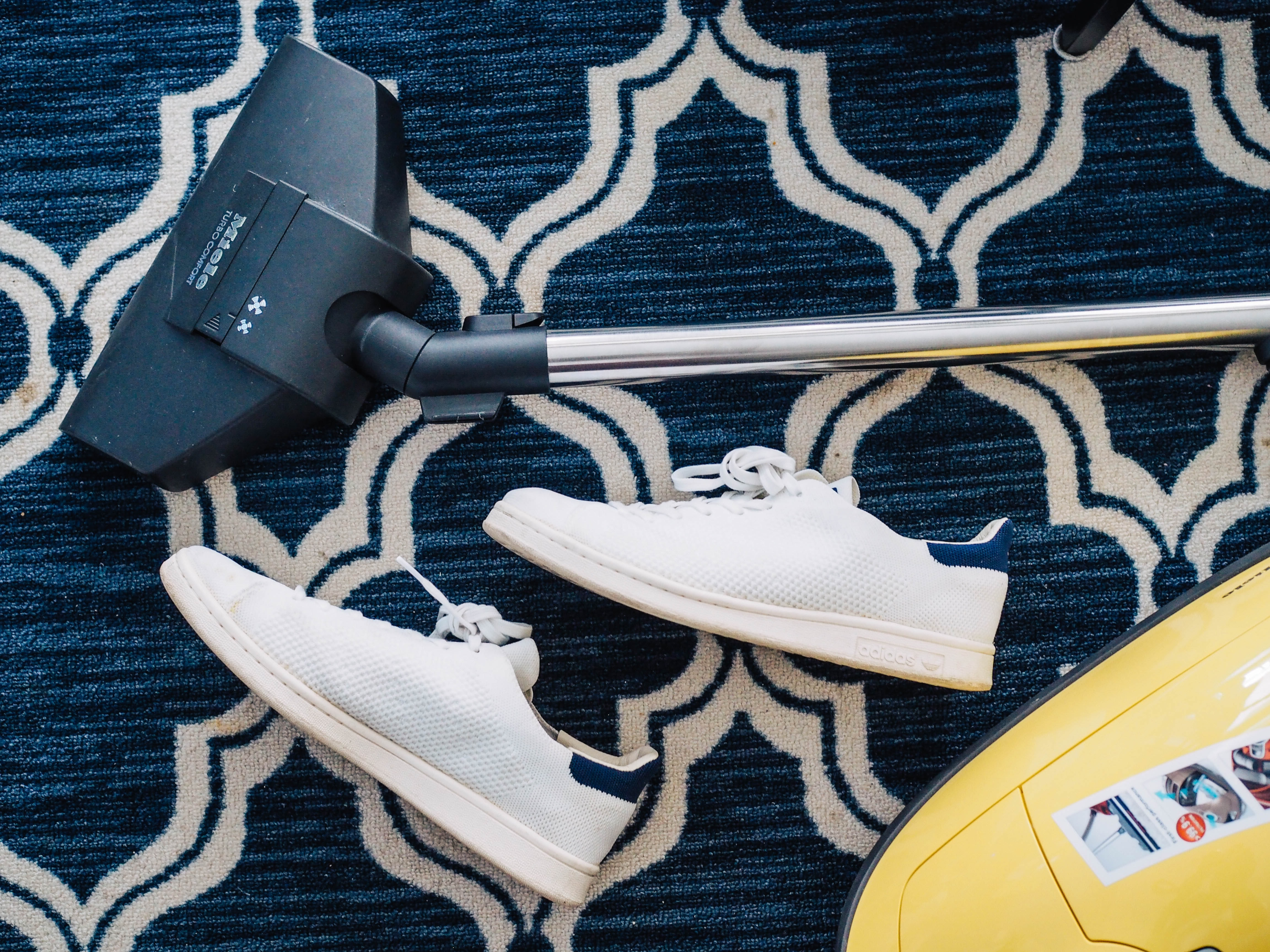
Photo by No Revisions on Unsplash
- Use cleaning tools that are easy to use.
Using efficient cleaning tools and products can help you clean your house more quickly and effectively. Invest in high-quality cleaning tools, such as a vacuum cleaner, microfiber cloths, and a mop, and use them regularly to keep your house sparkling clean. Additionally, using home cleaning services and your own products that are specifically designed for certain surfaces can help you clean more efficiently. For example, using a glass cleaner on windows and mirrors will help you achieve a streak-free finish.
You can also try using natural cleaning products, such as vinegar, baking soda, and lemon juice, which are not only eco-friendly but also effective in cleaning. These basic cleaning products are easily accessible and affordable, and can be used to clean a variety of surfaces in your home.

Photo by Josue Michel on Unsplash
- Get help from family members.
Cleaning doesn’t have to be a chore that takes away all of your free time – you can make it a fun activity by turning on your favorite music or podcast, or by involving your family or friends. Cleaning can be a great opportunity to bond with your family members or catch up with friends. Additionally, turning on your favorite music or podcast can help you stay motivated and energized while cleaning.
Another way to make cleaning fun is to reward yourself after completing a cleaning task. For example, you could treat yourself to a favorite snack or take a break and watch an episode of your favorite TV show. By making cleaning a fun activity, you’ll be more motivated to keep your house clean and tidy.
- Declutter regularly
Decluttering regularly can help you reduce the amount of stuff in your home and make cleaning less overwhelming. When you have less stuff to clean and organize, you’ll be able to clean more efficiently and effectively. To declutter your home, start by going through each room and sorting items into piles of things to keep, donate, or throw away. Be honest with yourself about what you really need and use, and be willing to let go of things that no longer serve a purpose in your life.
Once you’ve decluttered your home, establish a system for keeping clutter at bay. For example, you could set a rule that every time you buy something new, you have to donate or get rid of something you no longer need. By keeping clutter under control, you’ll be able to maintain a clean and organized home with less effort.

Photo by Toa Heftiba on Unsplash
- Hire a professional cleaner.
If you find that cleaning is too overwhelming or time-consuming, consider hiring a housekeeping service. A professional cleaning service can take care of all the cleaning tasks for you, leaving you with more time and energy to focus on other things. Additionally, a weekly maid service can help you achieve a deeper clean than you may be able to accomplish on your own, since as professional house cleaners, they have access to specialized cleaning tools and products.
Before hiring a house cleaning service, do your research and read reviews from other customers to ensure that you’re hiring a reputable and reliable company. Additionally, be clear about your expectations and needs for professional cleaners, and make sure that the company you choose can accommodate your schedule and cleaning preferences. By hiring a recurring cleaning service, you can take the stress and overwhelm out of cleaning, and enjoy a clean and tidy home without lifting a finger.
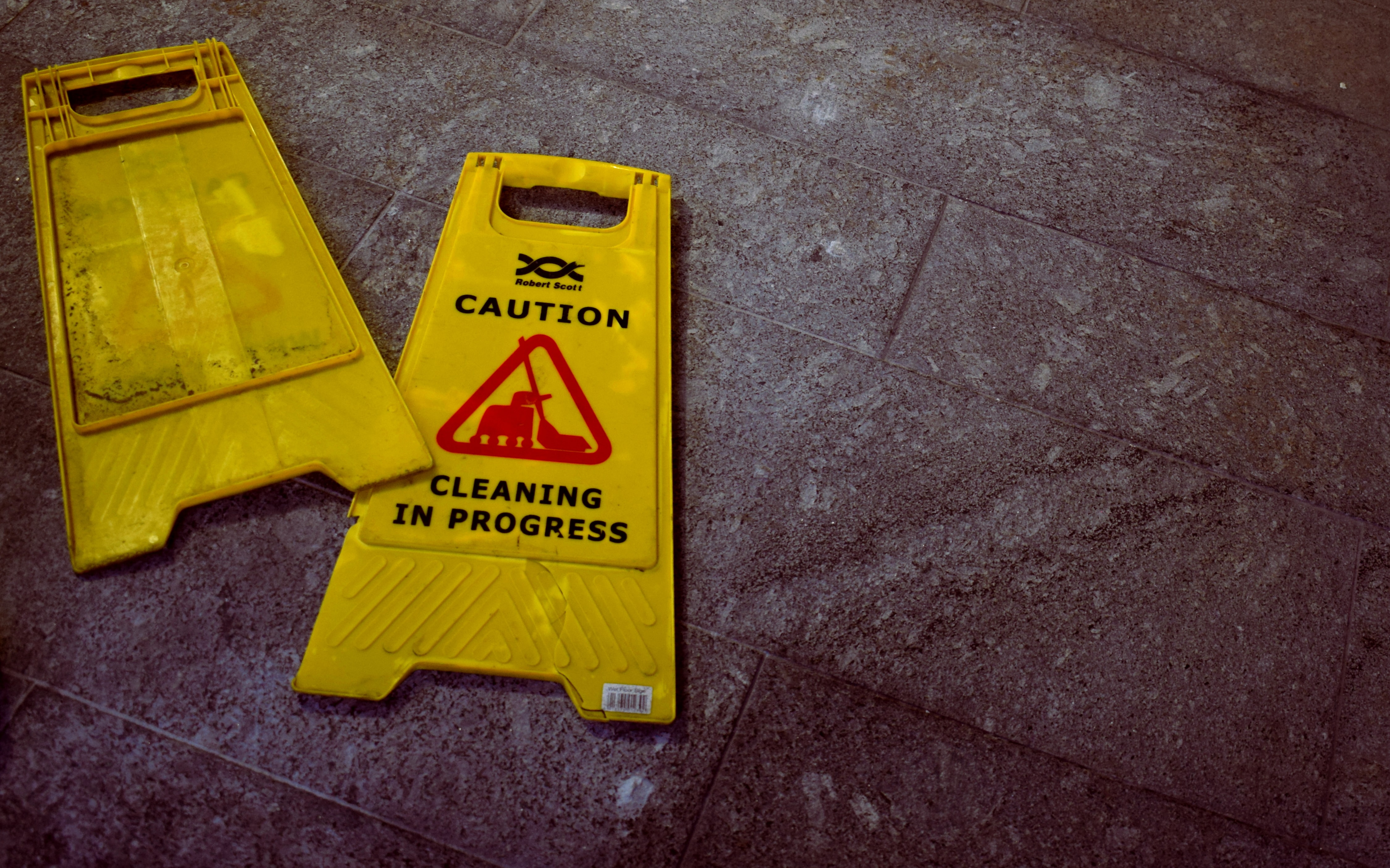
Photo by Oliver Hale on Unsplash
How often should you clean your house?
The frequency of cleaning your house depends on various factors such as the number of people in your household, cleaning needs, your daily routine, and your personal preferences. Here are some general guidelines on how often you should clean your house:
- Bathroom – Once a week
The bathroom is one of the most important rooms to keep clean. It’s a high traffic area and can harbor germs and bacteria. Clean the toilet, sink, shower, and bathtub at least once a week.
- Kitchen – Daily/Weekly
The kitchen is another important room to keep clean. You should clean the kitchen every day after meals to prevent the accumulation of dirt, grease, and food crumbs. You should also do a deep clean of the kitchen once a week, including wiping down countertops, cleaning the stovetop, and cleaning the oven and fridge.
- Bedrooms – Weekly
Bedrooms should be cleaned weekly. This includes dusting surfaces, changing bed linens, and vacuuming or sweeping the floors.
- Living room – Weekly
The living room is a high traffic area and should be cleaned weekly. This weekly cleaning includes dusting surfaces, vacuuming or sweeping the floors, and cleaning any spills or stains.
- Dining room – Weekly
The dining room should be cleaned weekly. This is house cleaning includes dusting surfaces, wiping down chairs and tables, and vacuuming or sweeping the floors.
- Laundry room – As needed
The laundry room should be cleaned as needed. This includes cleaning supplies wiping down surfaces and cleaning the washing machine and dryer.
- Entryway – Weekly
The entryway should be cleaned weekly. This more thorough cleaning includes wiping down surfaces, cleaning the doormat, and vacuuming or sweeping the floors.
- Home office – Weekly
The home office should be cleaned weekly. This is recurring regular cleaning services that includes dusting surfaces, organizing papers, and vacuuming or sweeping the floors.
- Outdoor spaces – As needed
Outdoor spaces such as the porch, patio, and yard should be cleaned as needed. This cleaning chores includes sweeping, raking, and removing any debris.
In conclusion, cleaning your house every week has numerous benefits such as a healthy environment, reduced stress levels, increased productivity, and prevention of the spread of germs and bacteria. Not cleaning your house regularly can lead to consequences such as the accumulation of dust and allergens, the spread of germs and bacteria, invasion of pests, and a cluttered and messy home.
To make cleaning less overwhelming, create a cleaning schedule, break cleaning tasks into smaller tasks, use cleaning tools that are easy to use, get help from family members, or hire a professional house cleaner yourself. The frequency of cleaning your house depends on various factors such as the number of people in your household, your daily routine, and your personal preferences.
Ultimately, it’s up to you to decide how often you want to clean your house. However, keeping a clean and organized home can improve your overall well-being and create a more comfortable living space.
